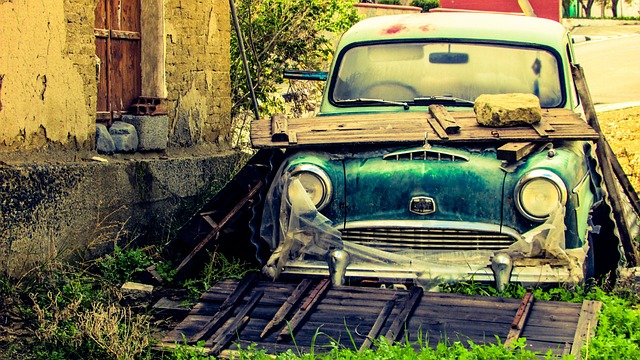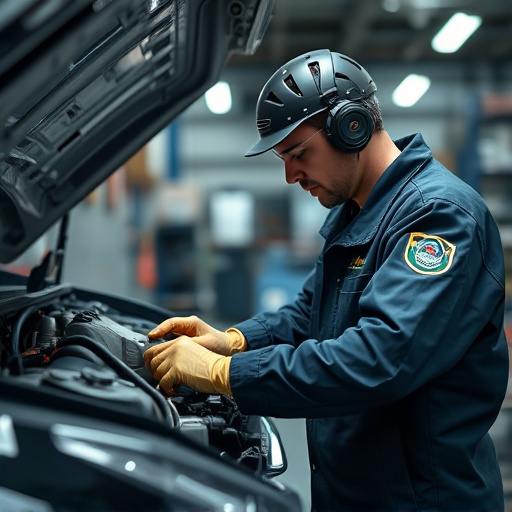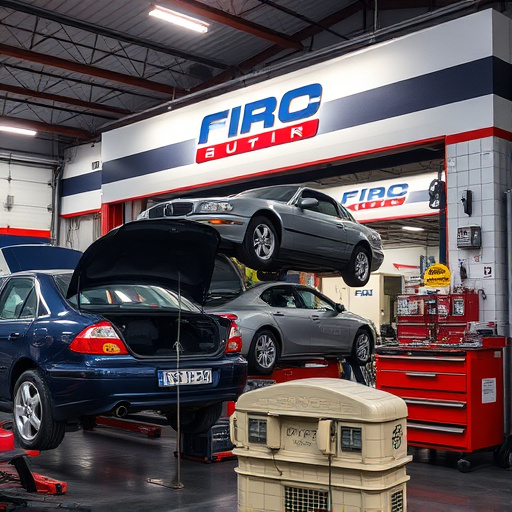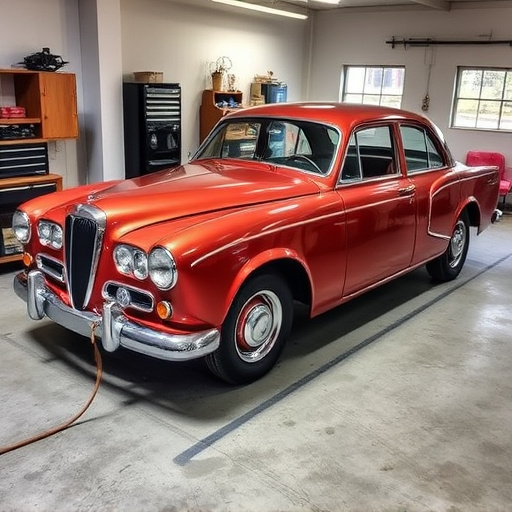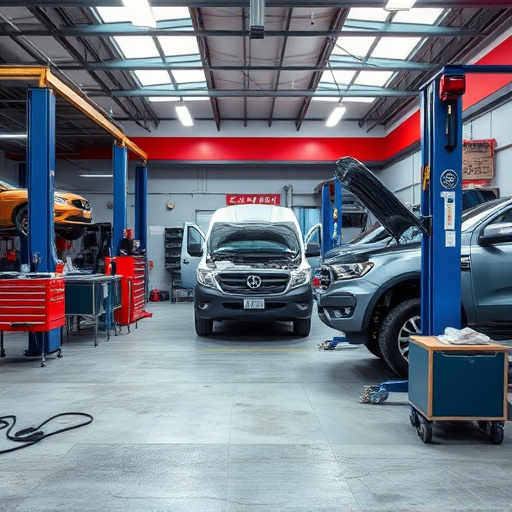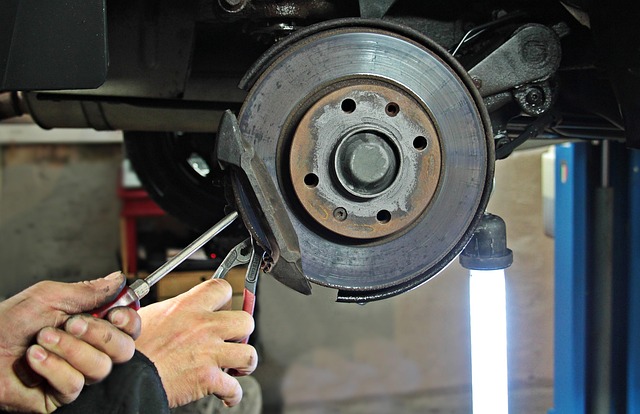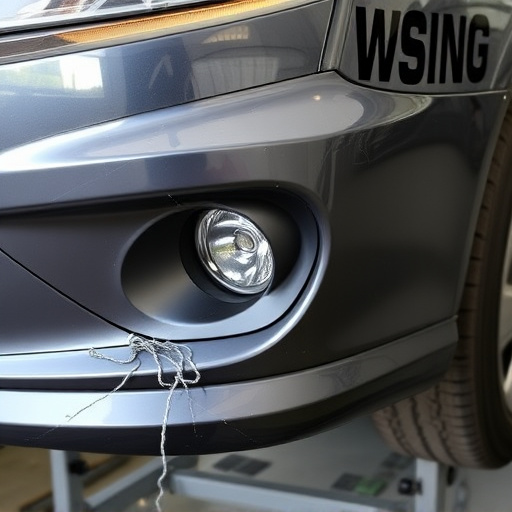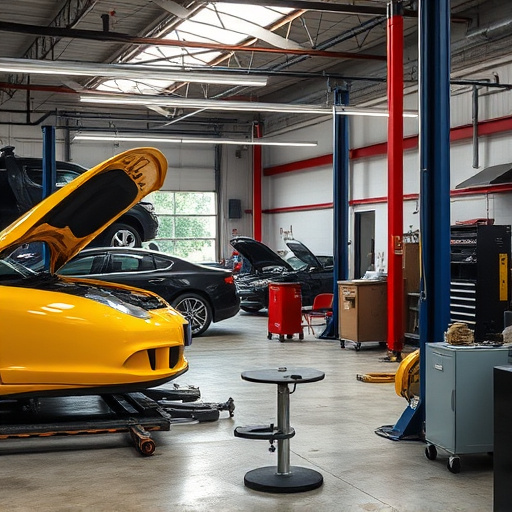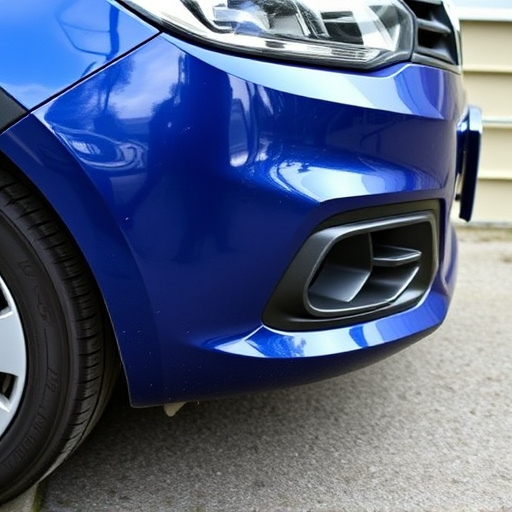Factory Tolerance Restoration (FTR) is a meticulous process ensuring vehicle components meet OEM specifications, enhancing durability by minimizing wear and tear. FTR rectifies issues like excessive friction and premature failure, improving performance and safety, crucial for body restoration and auto glass replacement. This technique maintains and enhances the longevity of modern vehicles, especially in luxury repairs where detail is paramount. Advanced diagnostic tools identify microscopic deviations, addressing issues that impact long-term vehicle health and repair costs.
Factory Tolerance Restoration (FTR) is a critical process that enhances vehicle durability by minimizing variations in manufacturing tolerances. This article delves into the essential role of FTR in modern car production, exploring its impact on overall vehicle performance and longevity. We’ll break down the fundamentals of FTR, its significance in vehicle manufacturing, and provide insights on how it can be measured and optimized to ensure robust durability.
- Understanding Factory Tolerance Restoration Basics
- Key Roles of Tolerance in Vehicle Manufacturing
- Measuring and Improving Durability Through Restoration
Understanding Factory Tolerance Restoration Basics
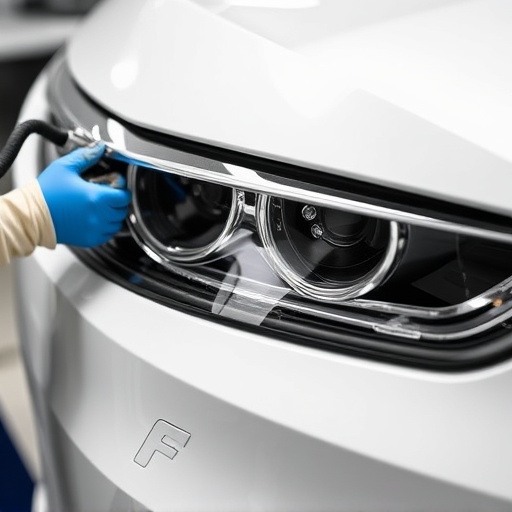
Factory Tolerance Restoration (FTR) is a process that ensures vehicle components are precisely manufactured and assembled according to the original equipment manufacturer’s (OEM) specifications. It involves adjusting and fine-tuning various parts, such as engines, transmissions, and chassis systems, to maintain the exact tolerances set by the factory. This meticulous procedure is crucial in enhancing overall vehicle durability, as it minimizes the risk of excessive wear and tear caused by improper clearances or misalignments.
By restoring these factory tolerances, FTR helps rectify issues like excessive friction, premature component failure, and inefficient performance. For instance, in car body restoration, ensuring proper panel gaps and alignment is vital for structural integrity. Similarly, auto glass replacement, when done as part of FTR, can significantly improve a vehicle’s aerodynamics and overall safety. This basic understanding highlights why Factory Tolerance Restoration plays a pivotal role in maintaining and improving the longevity of modern vehicles.
Key Roles of Tolerance in Vehicle Manufacturing

In vehicle manufacturing, factory tolerance restoration plays a pivotal role in ensuring structural integrity and long-term durability. Every component, from the frame to individual panels, is designed with specific tolerances to fit together seamlessly, creating a robust and reliable chassis. These precise dimensions guarantee that the vehicle maintains its structural strength over time, which is crucial for safety and performance, especially during extreme conditions like accidents or severe weather.
Proper factory tolerance restoration is particularly essential in luxury vehicle repair, where attention to detail is paramount. A collision at any speed can disrupt these critical tolerances, leading to misalignment and potential long-term damage. Reputable collision repair centers employ advanced techniques to realign and restore original factory specifications, effectively reversing the effects of a fender bender or more severe incidents. This meticulous process not only enhances the vehicle’s appearance but also guarantees that it meets safety standards and performs optimally for years to come.
Measuring and Improving Durability Through Restoration
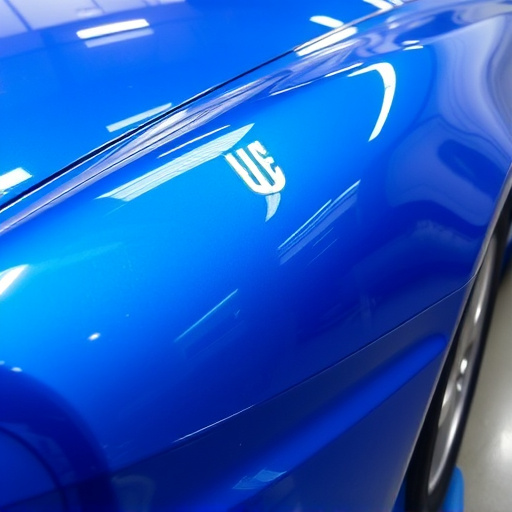
Measuring and improving durability through factory tolerance restoration is a meticulous process that involves assessing and enhancing the precision manufacturing standards originally set by automakers. By focusing on minute adjustments and component alignment, professionals can ensure every part of a vehicle operates in harmony, maximizing its longevity. This approach goes beyond mere vehicle body repair; it’s about restoring the inherent quality and integrity of the vehicle as it left the factory.
Through advanced diagnostic tools and meticulous techniques, car repair services specializing in factory tolerance restoration identify subtle deviations from original specifications. These deviations, though minute, can lead to increased wear and tear over time, compromising overall vehicle repair costs and performance. By addressing these issues proactively, owners not only extend the lifespan of their vehicles but also enjoy improved safety, better fuel efficiency, and enhanced driving dynamics.
Factory Tolerance Restoration is a powerful strategy that significantly enhances vehicle durability. By understanding the fundamental roles of tolerance in manufacturing, we can effectively measure and improve overall vehicle reliability. This process not only ensures high-quality standards but also contributes to longer-lasting vehicles, ultimately reducing maintenance costs for consumers. Embracing factory tolerance restoration as a standard practice within the industry is key to fostering both customer satisfaction and environmental sustainability.

